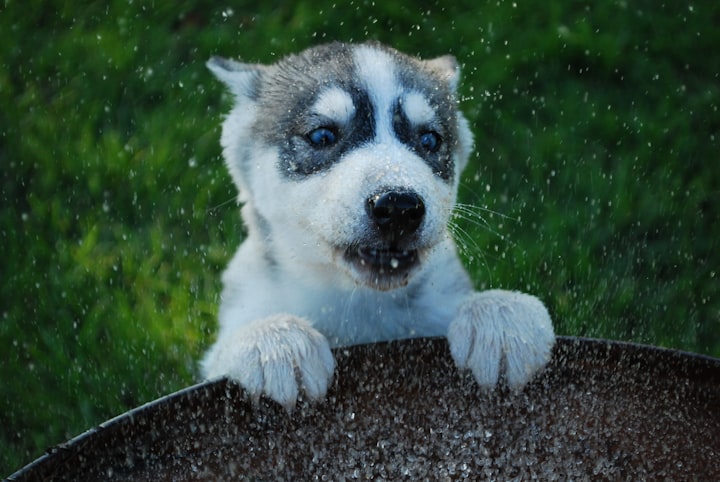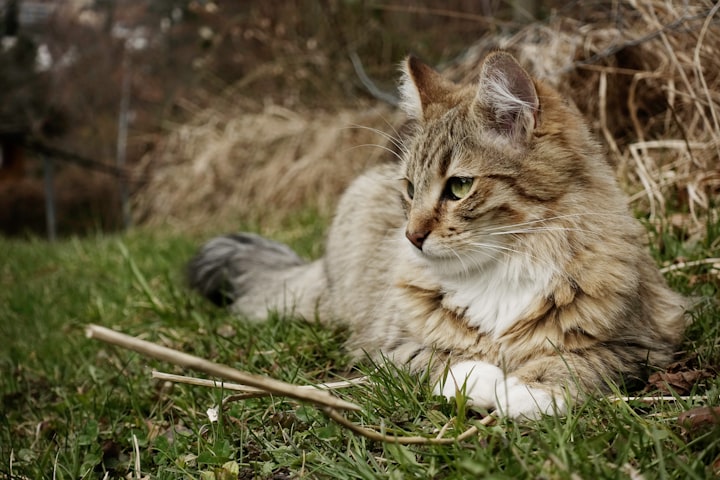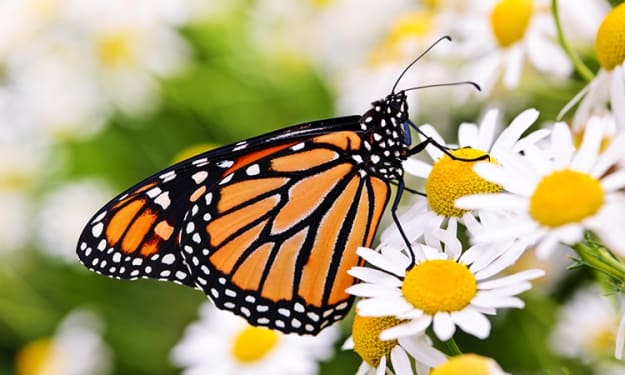
The biggest advantage of the Husky is its beautiful, cold, and cool appearance, which almost everyone who has seen the little Husky will love from the bottom of their hearts. The owners of husky puppies at home need to pay attention to the fact that they need to devote more time and energy, patience, and care to them when they are young. The following are some of the key points that I have collected for raising Husky puppies at various times, and I hope that they will grow up healthy under the careful care of their owners. Husky Puppy Essentials Husky Puppy
Husky puppies from birth to 4 weeks
For the first 3 weeks of life, the family and pack are not important to the Husky puppy, but rather his mother, who provides the food, warmth, and security that the Husky puppy needs to survive.
By the fourth week, Baby Ha still relies heavily on his mother, but his siblings become increasingly important. The siblings provide warmth and security when their mother is not with them.
During this time he opens his eyes to things and his ears to sounds, his curiosity begins to sprout and he starts to explore his surroundings. This is also when the mother dog begins to teach obedience, and this instinctive training of the mother dog is extremely important for the baby's future acceptance of obedience and training. Owners should begin to touch the puppy at this time, gently petting the puppy so that the puppy can tell the difference between the mother and the human.
Essentials for raising Husky puppies at 5 to 7 weeks
Between 5 and 7 weeks of age, the young Husky will experience great changes as he begins to learn to recognize people and respond to specific sounds. He spends more time playing and fighting with his siblings, and learns how to get along with others of his kind, how to play, how to go too far, when to be submissive, and what to take seriously.
During this time mom's discipline allows the puppy to accept discipline, correction, training, and preference. This is a good time to expose the puppy to other people, but the owner should be on hand to monitor it so that no one rudely treats the puppy.
If the puppy is taken away from his mother and siblings after this time, it may cause future behavioral deviations, and the puppy may have difficulty getting along with other dogs or being trained and may become extremely shy or aggressive out of fear.
Tips for raising Husky puppies in the 8th week
The eighth week is a fearful time for most puppies, and this is the first of several fearful periods that puppies will experience as they grow.
Although this is the time when most owners bring their puppies home, it would be extremely beneficial for them to spend an extra week with their mother and siblings. If the puppy is brought home at this time, the car ride on the way to the new home may scare him and make him afraid of car rides for the rest of his life. By the same token, arriving at his new home with different sounds he has never heard before will also scare him and affect him for the rest of his life.
Tips for raising Husky puppies in weeks 9 to 12
It is recommended to bring Baby Husky back to his new home during this time. Baby Husky is ready to develop a permanent relationship with people and owners should use this time to spend more time with the puppy and encourage him to explore his new home.
This is the time to start calling his name, in a high-pitched voice, especially when he walks toward you. (Please never scold him by his name!) Move the puppy toward you by facing him backward and encouraging him by clapping your hands or patting your thighs.
Socialization is very important at this point. Familiarize him with various sounds, people, and other dogs, and socialize the puppy to be a confident dog with constant repetition and encouragement.
This is when the Husky's pack mentality begins to develop and owners can use this time of budding pack mentality to teach the puppy his place in the family.
Each day, have everyone in the family flip the puppy over and turn his belly up, then rub his belly.
When the Husky reaches 11 or 12 weeks of age, discipline becomes more important, and of course, love and attention are also important.
Husky Puppy Feeding Tips for Weeks 13 to 16
During this period, the Husky puppy will begin to establish his position in the family, so treat your Husky puppy with consistency. When he finds someone in the family who is soft he will take advantage of this to gain a higher status.

A baby with a strong personality will have to ride on small children or toys at this time, and must not be allowed to do so. Socialization should also be continued.
Key Points for Raising Husky Puppies in Weeks 16 to 26
During this time many puppies will experience another period of fear, very similar to what they experienced in week 8. For example, if a plant that has always been in the yard starts barking at the plant, the puppy just suddenly notices it and thinks it scares him, and if the owner reassures him with encouragement and praise when he is scared, he will think you are encouraging the fear and that the fear is what the owner wants. When something is afraid, the owner should walk towards it and touch it, so that he can see that there is nothing to be afraid of, and help him to know that he does not have to be afraid, rather than reassuring him with the usual praise.
Many young Huskies will discover their defensive instincts at this time, so if your Husky is acting defensive, such as growling, barking, or having the hair on the back of his neck raised, take him away or distract him with something else. If the owner encourages this behavior or over-corrects it, he may continue to do so, and over-encouragement or correction can cause the puppy to grow up to be over-protective or overly fearful. When this happens, the owner just needs to calmly stop it.
Key points for raising a Husky during the rebellious period, months 8 to 14
The rebellious phase of a puppy is similar to the rebellious phase of a human, in that they are confused by their desire for independence and their need for the warmth of a family to feel secure. The best way to describe a Husky's rebellious phase is to do as you please. When you tell your trained Husky to sit one day and he acts as if he has never heard that command before, in his life, his rebellious phase has arrived. This is when your husky not only shows that the previous obedience training he does not remember, and even barks at you, the owner if you have done obedience training, this time or continue to train, if you have not started training, this period to do is not too late.
The owner should confirm the position of the leader, for example, when the owner enters with the dog, the owner should go through the door first, the leader in the wolf pack always goes in front, the owner should eat first, the owner should go in front when going up the stairs, never let your husky go up the stairs first and then look down from a high place to you who are still below.
The important point is that owners must understand that these actions of huskies during the rebellious period are natural and part of growth and that these actions are not directed at anyone, but are just natural reactions and will fade with time. One day your baby Husky will grow up!
Essentials of raising a Husky at maturity
It usually takes until 3 years of age for a Husky to be considered fully mature, both physically and mentally. Sometimes female Huskies mature earlier, at about 2 1/2 years old, but male Huskies will take longer, at about 3 years old.
From rebellion to maturity, huskies go through several different behavioral stages and perhaps another fear stage, at about 1 ½ years of age. Owners handle it the same way as before, don't encourage fear and help them through it.
Key points about raising a Husky at about 2 years of age
There will be another phase where the owner will challenge his position. As with the rebellious phase, reinforce and continue training.
Tips for raising a Husky when he reaches 3 years old
He is considered fully mature but maturity doesn't mean he doesn't like to play and be mischievous, he will have a mature side when it's time or when he wants it, but life is still fun for him.
About the Creator
Karpenaru
Knowledgeispower.






Comments
There are no comments for this story
Be the first to respond and start the conversation.